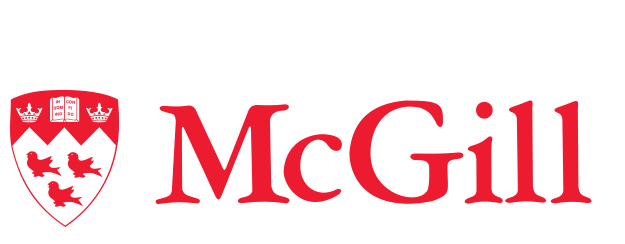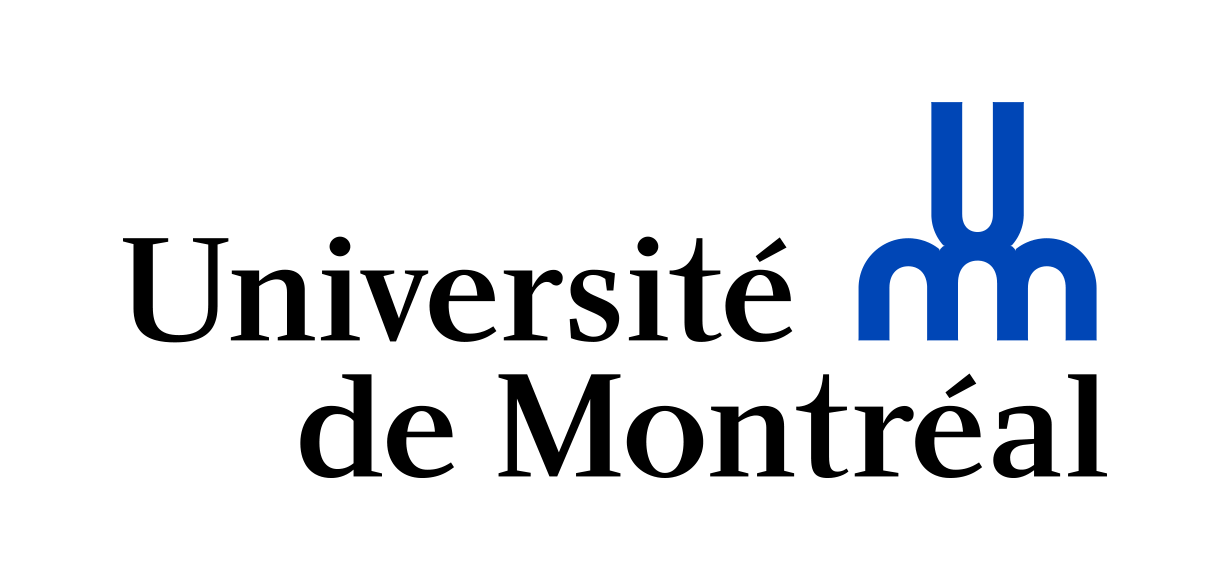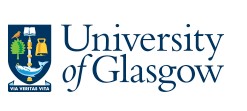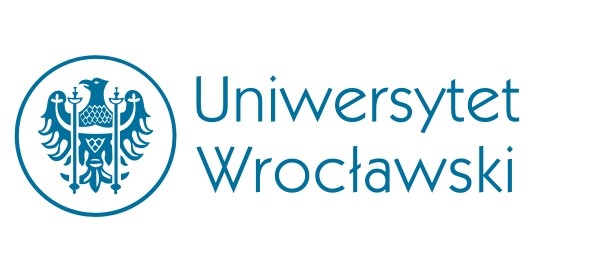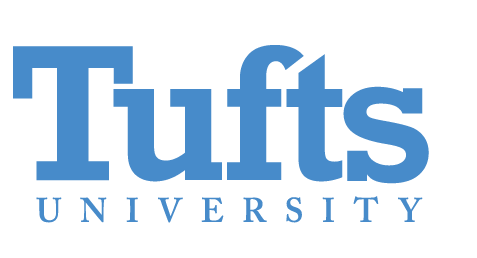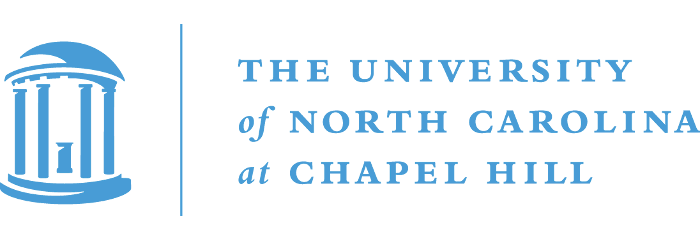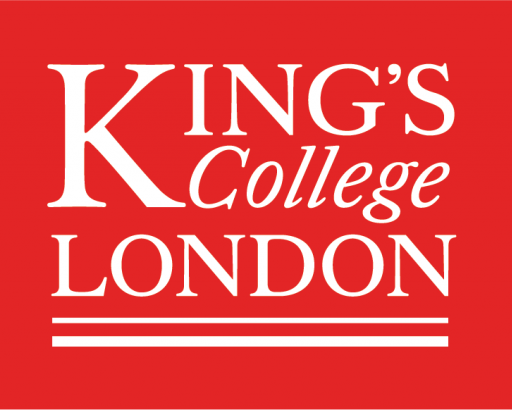Niall Gray, Summer 2019
The BEAR Network’s generous mobility grant for their Summer School in Montreal offered me a great opportunity to grow in a number of ways. It not only allowed me to visit a continent that I had never seen before but also helped me to strengthen my theoretical understanding of various ongoing events within the borderlands between the EU and Russia. I am sure that this new knowledge will prove indispensable for my future endeavours at university, especially as I embark on my second year of postgraduate studies in the region.
The Summer School consisted of a great variety of classes delivered by experts with a diverse range of backgrounds. Much of the first few days was dedicated to the discussion of overarching theory regarding topics such as the experiences of minorities in the region, nationalism and the role of bodies, for instance the EU, in dealing with these matters. I particularly enjoyed learning more about the modern developments regarding Rogers Brubaker’s “triadic nexus” idea, as I had often heard of the theory but had not explored it in detail. In addition, the Estonian film that we watched, named “14 Cases”, as well as the subsequent discussion, helped me to understand how these ideas are connected to real world events.
Furthermore, the latter days of the school allowed me to learn about new subjects whilst simultaneously strengthen pre-existing interests. Personally, this is particularly true regarding the class which discussed the uniquely difficult position of the Roma within modern Europe, as it helped me to understand the importance of kin-states in securing concessions for their co-ethnic minorities. At the same time, I was also able to learn of new aspects of the political realities faced by Eurasia’s de-facto states, which have remained of long-term personal interest. This topic, or more specifically the ongoing Moldova-Transnistria dispute, was ultimately chosen as the subject of our simulation game on the final day. This proved to be a highly enjoyable exercise, with its well-spirited debate helping to remind me of the difficulties faced by local governments in solving often decades-old issues of identity.
Overall, my time in Montreal has proven to be a highly rewarding experience. The programme’s short, intense structure helped me to deepen and reassess my understanding of a region which is increasingly prominent on the global stage. I am certain that my visit will prove to have a beneficial impact on my dissertation, which I will soon begin to write!





